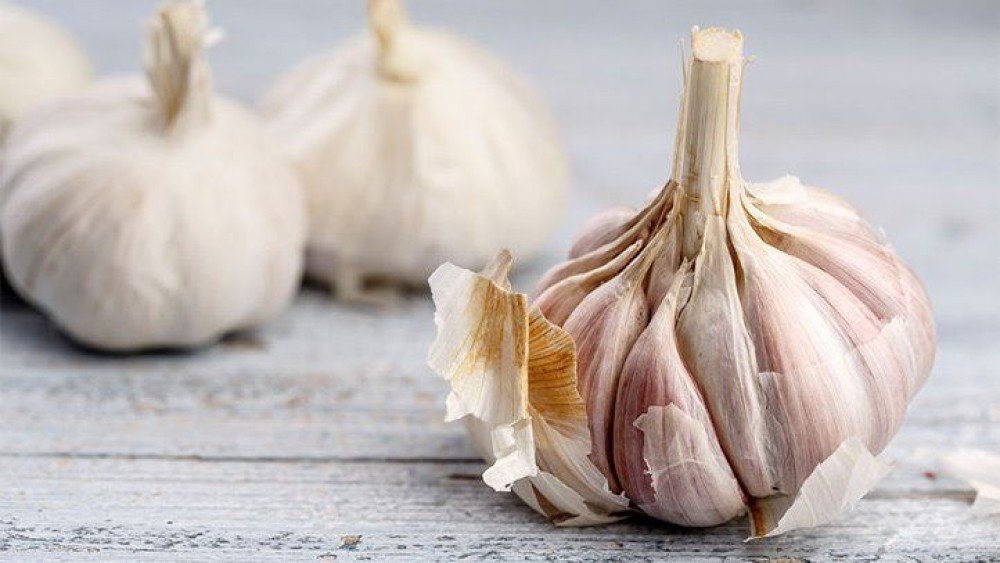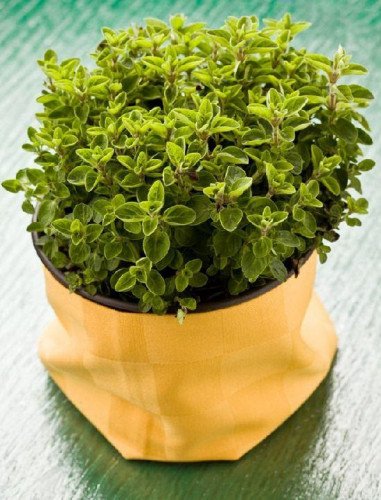The importance of garlic dates back long ago. Legend says that the first labour strike was caused by a garlic shortage in ancient Egypt. When the builders of the pyramid learned that their daily garlic ratio would be reduced, they simply refused to work.
Garlic contains health-shielding compounds, suggesting they may defend the body against cancer , heart related issues. It has been described as the
'Russian penicillin' because of its anti-infection properties against bacteria that cause respiratory and digestive infections. It not only kills bacteria, but viruses and infectious fungi as well.
Garlic may help improve high blood pressure as well. It can also help you add a little more vitamin C and manganese to your diet at the same time. Sautéing garlic in oil helps more because it produces compounds that assist to help open up your air passageways. If you have breathing problems it won't hurt to eat more garlic. For best results, increase manganese and vitamin C from other sources as well like pineapples, citrus fruits, okra, sweet peppers and rice.
Before peeling garlic, push down on a single clove with the flat side of a broad knife or whack several cloves with the bottom of a skillet. You can then remove the skin with ease. That also crushes the garlic, which helps preserve the nutrients when closed.
Also, choose fresh garlic with dry skin and firm, plump bulbs. Avoid soft, spongy or shrivelled cloves or garlic from the fridge produce section or local market. Moisture spoils garlic.
Store unpeeled garlic heads in a dark, dry, cool place for up to two months. If you refrigerate garlic, use it within three days.
Cooking can reduce garlic benefits, but you can get some of them back. Research shows that crushing garlic before you cook it helps retain more health-promoting allicin and other compounds that help keep your blood from clotting. For even better results, let the garlic stand for ten to fifteen minutes, and then cook it.


Add your reply
Replies